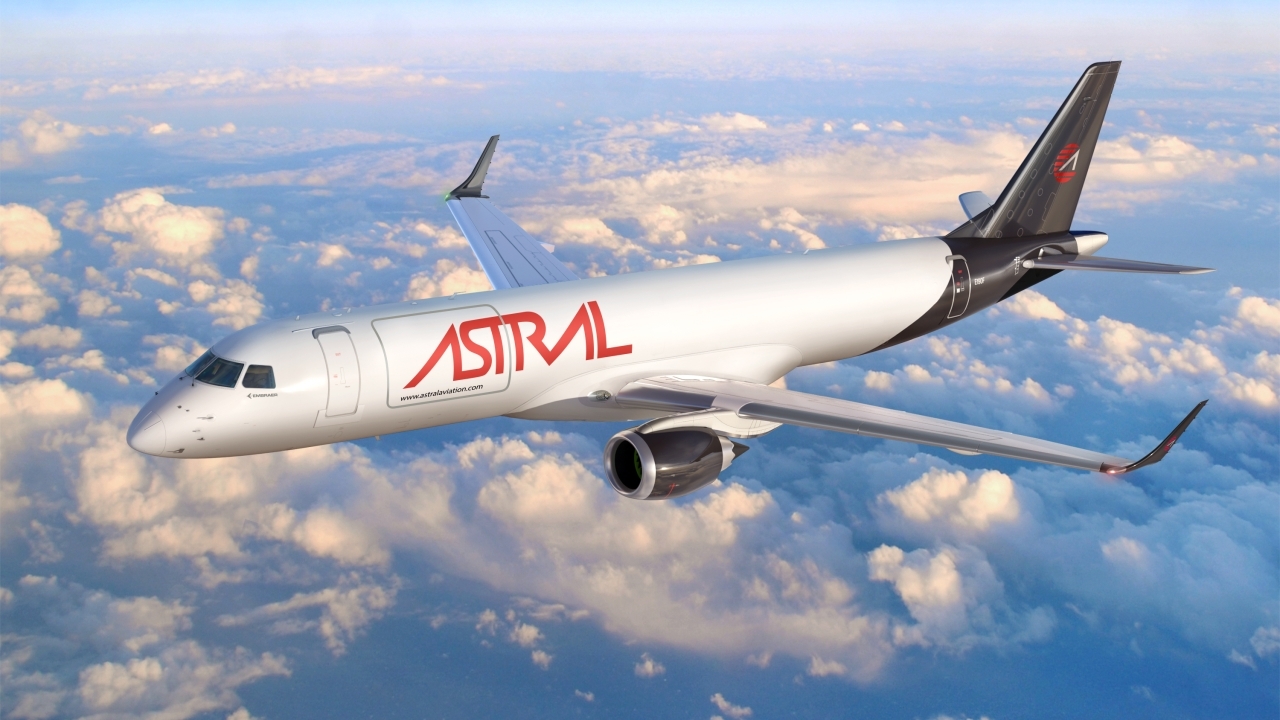Nigeria's fuel crisis leads airlines to the brink
Could there be light at the end of the tunnel for Nigeria's aviation fuel crisis? Chukwu Emeke investigates.

With the collapse in value of the Nigerian currency, added to foreign exchange challenges and other factors, importers have struggled in recent years to secure enough fuel for airlines.
Despite its position as one of the largest oil producers in Africa, Nigeria actually imports its aviation fuel. However, its high cost – a recent doubling in price – and scarcity has led to flight delays and cancellations and brought some airlines to their knees.
In some cases, airlines recorded estimated losses of $1.6 million per day as fuel scarcity grounded at least two in every three flights nationwide.
While both local and foreign airlines have been affected, eight of the 35 airlines operating in Nigeria are indigenous to the region. They include Arik Air, Medview Airlines, Aero, Dana Air, Air Peace, First Nation Airways, Overland Airways and Azman Air.
Airlines are now spending up 40% of operating cost on fuel, depending on the aircraft type, according to Nigerian Civil Aviation Authority (NCAA) director of airworthiness standards, Engineer Benedict Adeyileka.
Arik Air, the largest consumer of aviation fuel in Nigeria, operates more than 120 daily flights and its daily fuel requirement is about 500,000 litres. By implication, among local airlines, it has been the most affected.
Arik declared a loss of $9 million within the first nine days of Jet A1 scarcity in April 2015. Within that month alone, the Aviation Passenger Service (APS), an online platform of the Aviation Ministry, indicated that all eight domestic airlines cancelled 2,840 flights.
During one of the crisis periods in 2016, Arik’s spokesman, Adebanji Ola, said the airline was giving priority to its international flights and fuelled them ahead of domestic flights to prevent loss of market share to foreign airlines.
In August last year, Aero suspended its operations. First Nation Airways did the same, although it resumed operations two weeks later.
As the crisis lingered, foreign airlines operating into Nigeria had to devise different means of fuelling their aircraft and only made top ups on arrival in the country. British Airways, for instance, had to fuel aircraft in London and sometimes stopped in Malta.
At the 2016 International Air Transport Association (IATA) Forum held in Dubai, Emirates’ president, Tim Clark, complained that foreign airlines flying to Africa were refuelling abroad because jet fuel supplies had become more expensive and scarce in some of the countries. In September 2016, the airline, one of the biggest operating into Nigeria, started tanking fuel from Accra, Ghana.
In October, Emirates announced its plans to suspend it’s four times weekly service between Abuja, Nigeria and Dubai “to ensure the best utilisation of its aircraft fleet for its overall business objectives”.
Some petroleum marketers have explained that scarcity of foreign exchange prevented them from shipping jet fuel to airports, forcing many airlines to cancel and delay many more flights than they normally did. They equally accused the Nigerian National Petroleum Corporation (NNPC) of neglecting Jet-A1 and concentrating only on the importation of Premium Motor Spirit (PMS).
The chairman of Airline Operators of Nigeria (AON), Captain Nogie Meggison, suggested that government should revive the Warri refinery’s aviation turbine fuel (ATF) section. “This would help to reduce the operating costs of airlines and would generate sufficient income for the government through selling aviation fuel to foreign carriers operating into Nigeria or through West Africa,” he said.
It appears his words have been heeded.
Dr Ibe Kachikwu, Minister of State, Petroleum, pointed out that the petroleum sector had been privatised and that the production of Jet A1 was entirely in the hands of the private sector. However, he added that the Nigerian Government had been trying to work with them to address the situation.
He promised that Nigeria’s refineries in Warri, Port Harcourt and Kaduna would soon begin production of aviation fuel in-country to make the product available, irrespective of the fact that the industry was deregulated.
His words followed up the pledge from Nigeria’s President Muhammadu Buhari, in his 2016 Independence Day speech in October, who said: “We are to repair our four refineries so that Nigeria can produce most of our petrol requirements locally, pending the coming on stream of new refineries. That way, we will save 10 billion dollars yearly in importing fuel.”
Stay up to date
Subscribe to the free Times Aerospace newsletter and receive the latest content every week. We'll never share your email address.

